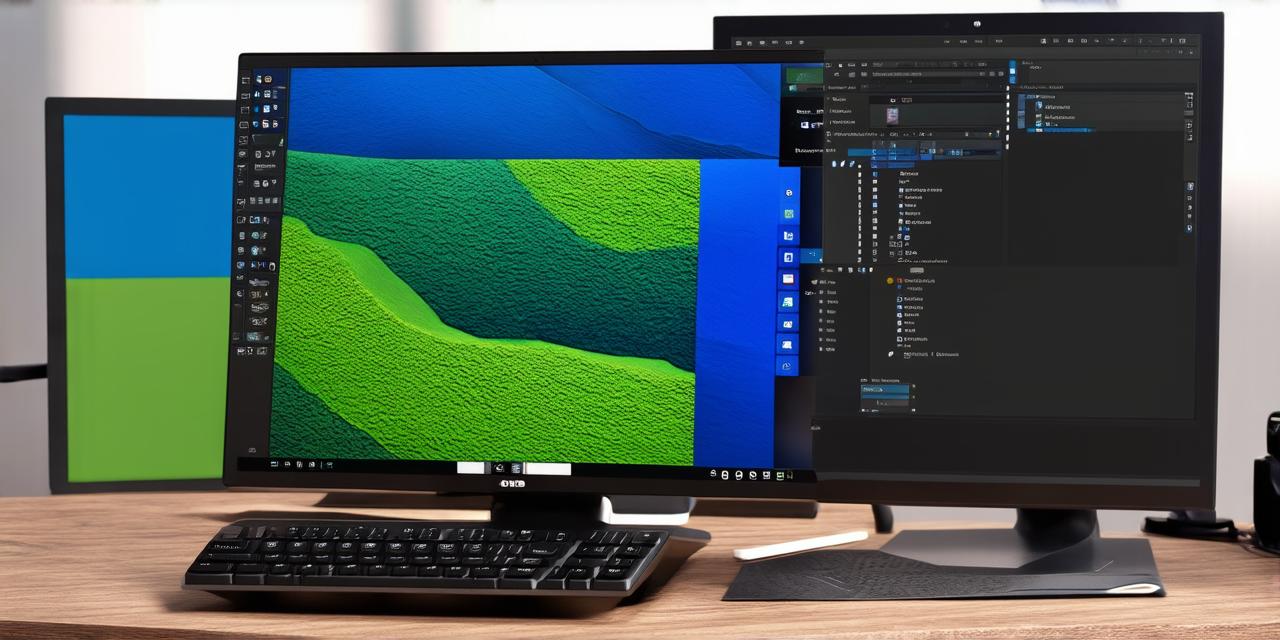Which Files Should Be Committed in Android Studio?
As an Android Studio developer, you know that version control is essential to keep track of changes and collaborate with your team effectively. However, choosing which files to commit can be a daunting task, especially when dealing with large codebases.
The Importance of Version Control in Android Development

Version control is a critical tool that enables developers to track changes made to their codebase over time. It allows developers to collaborate with their team, roll back changes if necessary, and manage different branches of the codebase efficiently. In Android development, version control helps you maintain the quality and consistency of your codebase, ensuring that everyone is working on the latest version of the code.
Choosing Which Files to Commit in Android Studio
When deciding which files to commit in Android Studio, it’s essential to keep in mind the following guidelines:
- Commit only necessary changes: Avoid committing unnecessary changes that could affect the performance or stability of your application. Instead, commit only the changes that are required to implement a new feature or fix a bug.
Q: What is version control?
A: Version control is a tool used to track changes made to files over time and manage multiple versions of a codebase.
Q: Why is version control important in Android development?
A: Version control is essential in Android development as it helps you maintain the quality and consistency of your codebase, track changes made by other developers, and collaborate with your team effectively.
Q: How often should I commit my files?
A: It’s best to commit your files frequently, such as after each change or feature, to ensure that changes are caught early on and can be easily reviewed by your team.
Q: What is branching in version control?
A: Branching is a process used to work on different parts of the codebase simultaneously without affecting the main codebase. This approach helps to improve collaboration and maintain code quality and consistency.
Conclusion
Version control is a critical tool for Android developers, helping you maintain the quality and consistency of your codebase while collaborating with your team effectively. When deciding which files to commit in Android Studio, it’s essential to follow best practices such as committing only necessary changes, using descriptive commit messages, and keeping commits small and frequent. In a large Android project, version control helps to improve collaboration, maintain code quality and consistency, track changes, and resolve bugs quickly. By following the best practices outlined in this article, you can ensure that your project is well-managed and successful.
FAQs
